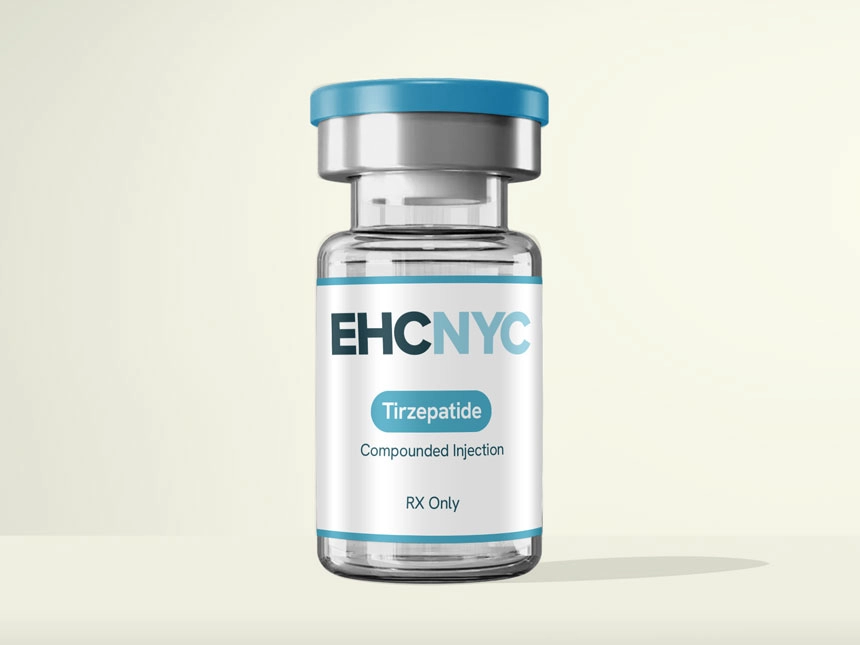
Liraglutide, a medication commonly prescribed for type 2 diabetes and weight management, has recently gained attention for its potential role in cognitive health.
Research suggests that this GLP-1 receptor agonist may have neuroprotective mechanisms, raising the question: Can liraglutide help prevent or slow the progression of dementia?
Understanding Liraglutide
Liraglutide works by mimicking the hormone glucagon-like peptide-1 (GLP-1), which regulates blood sugar levels by improving insulin production.
Learn more about Liraglutide.
Liraglutide’s Potential Impact on Dementia
Dementia, including Alzheimer’s disease, is a neurodegenerative condition characterized by cognitive decline, memory loss, and impaired daily functioning.
Recent research has explored liraglutide’s effects on dementia through several mechanisms:
- Reducing Brain Inflammation: Chronic inflammation in the brain is an important factor in dementia. Liraglutide has been shown to reduce inflammation, potentially protecting neurons from damage.
- Enhancing Brain Energy Metabolism: Insulin resistance in the brain is associated with cognitive decline. Since liraglutide improves insulin sensitivity, it can help sustain brain energy metabolism and slow dementia progression.
- Promoting Neuronal Growth and Repair: Some studies indicate that liraglutide may encourage the growth and survival of brain cells, helping to preserve cognitive function
Clinical Studies and Findings
Several preclinical and early-stage human studies have investigated liraglutide’s role in dementia:
- A study in mice demonstrated that liraglutide improved cognitive function and reduced brain plaque accumulation.
- A small clinical trial on Alzheimer’s patients suggested that liraglutide may slow cognitive decline compared to a placebo.
- Larger trials, such as the ELAD (Evaluating Liraglutide in Alzheimer’s Disease) study, are ongoing to determine liraglutide’s long-term impact on dementia progression.
Challenges and Considerations
Despite these findings, more research is needed before liraglutide can be recommended for dementia treatment. Some key challenges include:
- Limited Human Trials: Most studies have been conducted on animals or small patient groups, making it difficult to draw proper conclusions.
- Side Effects: Liraglutide can cause nausea, vomiting, and other gastrointestinal issues, which may limit its use in elderly dementia patients.
- Regulatory Approval: While liraglutide is approved for diabetes and obesity, it has not yet been approved specifically for dementia treatment.
Liraglutide and Dementia
Liralgutide’s potential effects offer hope in the fight against dementia, but more extensive human trials are needed to confirm its benefits.
As research continues, liraglutide could emerge as a new approach to managing cognitive decline. Until then, patients concerned about dementia should consult your healthcare providers for the best available treatments and lifestyle modifications to support brain health.












